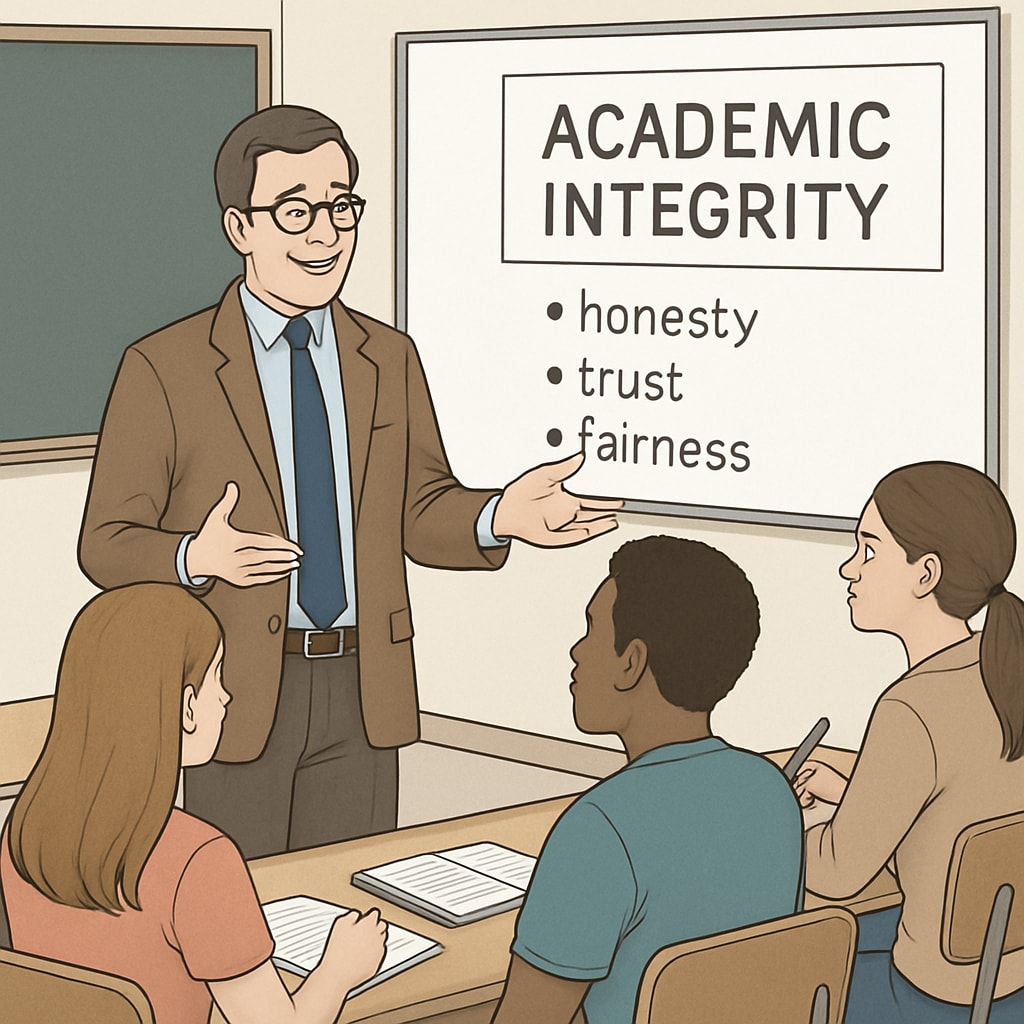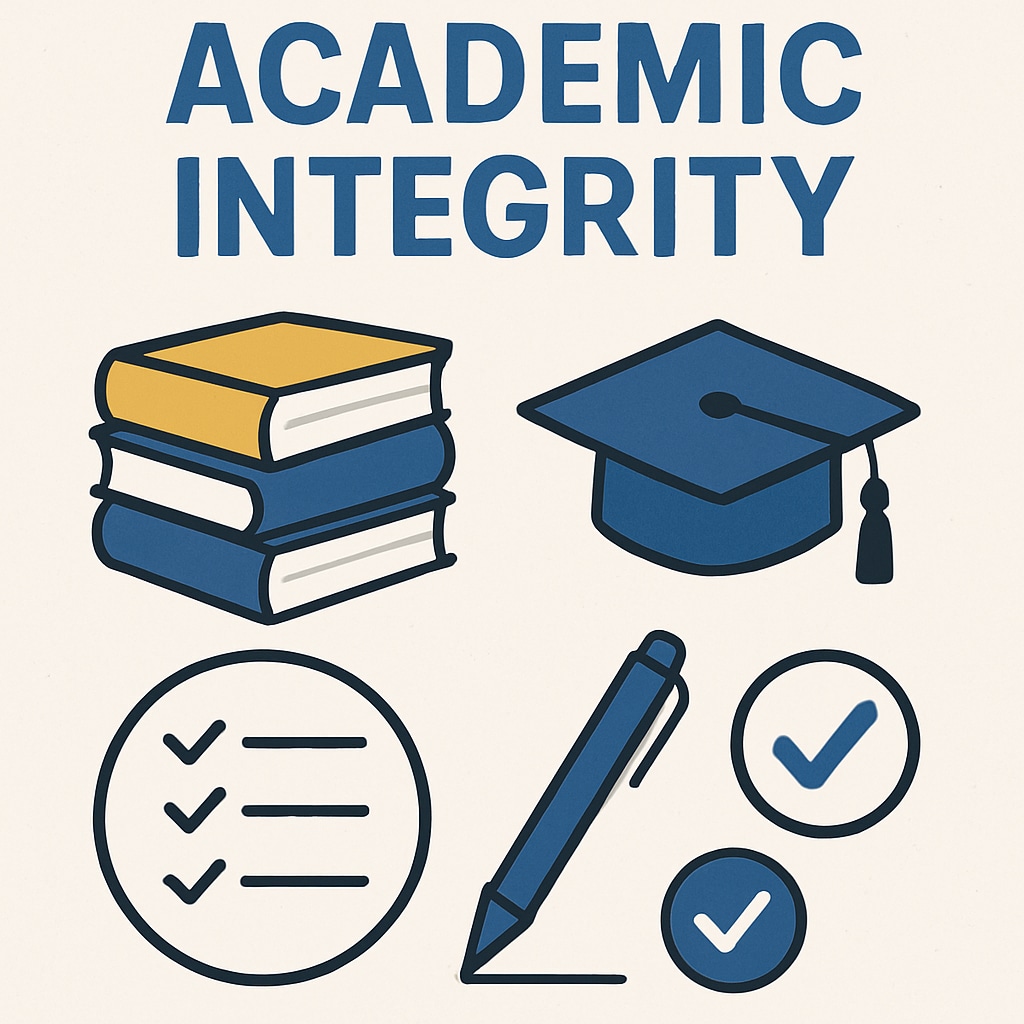In the realm of K12 education, academic integrity is a cornerstone of intellectual growth. However, when professors make plagiarism allegations that later prove to be questionable, the consequences can ripple far beyond the classroom. These incidents not only cast doubt on the integrity of the accused students but also erode the mutual respect and trust vital for a productive learning environment. Addressing such concerns requires a balanced, transparent academic evaluation framework that serves both teachers and students fairly.
The Impact of Questionable Allegations on Students
Plagiarism is a serious accusation that can tarnish a student’s academic record and confidence. However, when such allegations are based on insufficient evidence or misinterpretation, the implications can be devastating. Students may feel stigmatized, lose trust in their educators, or even disengage from learning altogether.
For example, in cases where professors rely on automated plagiarism-detection tools, the risk of false positives increases. These tools, while efficient, often fail to consider nuanced contexts like common knowledge, proper citation practices, or coincidental phrasing. As a result, students are sometimes wrongfully accused, creating unnecessary tension between them and their educators.
- Lowered student morale and academic disengagement
- Potential damage to future educational or career opportunities
- Erosion of trust between students and teachers
Therefore, it becomes crucial to assess the validity of plagiarism allegations carefully before taking disciplinary actions.

Ensuring Fairness in the Academic Evaluation Process
To avoid the pitfalls of questionable plagiarism allegations, educational institutions must establish clear and fair academic evaluation mechanisms. These systems should promote mutual respect and accountability, ensuring both students and professors adhere to high standards of academic integrity.
Firstly, professors should receive training on how to identify plagiarism accurately. This includes understanding the limitations of automated tools and focusing on contextual evidence. Secondly, students should be educated on proper citation practices, helping to mitigate unintentional plagiarism. Lastly, a transparent appeals process is essential. Students should have the opportunity to defend themselves if they believe an allegation is unfounded.
For educational institutions, the following steps can help ensure fairness:
- Provide comprehensive training for educators on plagiarism detection and academic ethics.
- Incorporate academic integrity workshops into the curriculum for students.
- Implement a clear and transparent appeals process for contested allegations.
By adopting these measures, institutions can protect both students and educators from unnecessary conflicts and foster an environment of mutual respect.

Rebuilding Trust Between Professors and Students
When a student is wrongfully accused of plagiarism, the relationship between the professor and student often suffers. Rebuilding this trust is essential for maintaining a healthy learning environment. Professors must acknowledge that errors in judgment are possible and take steps to address any unintended harm caused by their actions.
Additionally, open communication plays a critical role. Professors should engage with students in discussions about academic expectations and integrity. Such dialogues not only clarify rules but also demonstrate the professor’s commitment to fairness.
Ultimately, fostering a culture of mutual respect and understanding benefits everyone involved. Students feel empowered to ask questions and seek guidance, while professors gain a deeper appreciation for the challenges students face in meeting academic standards.
Final Thoughts: Academic integrity is a shared responsibility that requires vigilance, fairness, and transparency. By addressing the issue of questionable plagiarism allegations thoughtfully, educational institutions can create an environment where both professors and students thrive.


